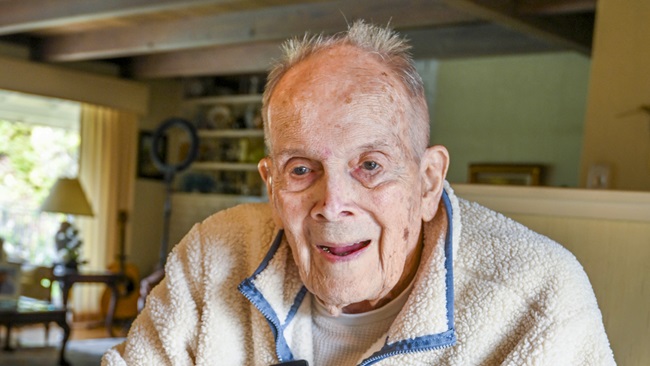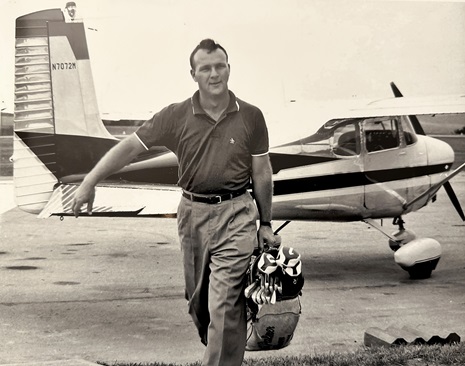
Prostate cancer afflicts 220,000 men each year, killing 27,000. Statistically, that would equate to five AOPA members diagnosed each week. This takes us to the ramp at Bolton Field in Columbus, Ohio, where Dick Andolshek and I were talking airplanes and we chatted about his medical issues. “Seven years ago I was diagnosed with prostate cancer and I had radical robotic prostatectomy,” Andolshek told me. “They monitored me after surgery by measuring PSA [prostate specific antigen, a protein made by prostate tissue] in my blood and it was great news because my score was zero every year.”
PSA is a screening tool for prostate cancer, although doctors debate its contribution to choice and timing of treatment—and, therefore, survival in some men. PSA can be normal in the presence of cancer, or elevated in the absence of cancer (from infections, or even from riding a bike, taking testosterone, or smoking). After a prostatectomy, rising levels suggest there may be metastases, secondary tumors in the bones, liver, brain, or elsewhere.
At his dark time Andolshek sought the support from AOPA’s Pilot Protection Services (PPS) for advice on dealing with the FAA, although prostate cancer is not a disqualifying condition. “I wanted to keep flying. PPS was like runway lights as one breaks through the overcast on a dark night. I must thank my wonderful friends and fellow pilots at AOPA for helping me navigate through this very stormy, turbulent experience.”
Our hero was enjoying life and flying, but six years after surgery, PSA was detected again—although he had no prostate remaining. A confirmatory test elsewhere was normal but a third was abnormal; three tests, with three different results, is confusing indeed.
A prudent pilot takes a low oil-pressure indication seriously, even if a faulty gauge is suspected. Similarly, any test showing a positive PSA after surgery demands that a prudent physician rule out metastases because, if found early, treatment options exist.
“My doctor at the Mayo Clinic recommended several tests but the insurers refused to cover bone scans, CAT scan, MRI, and a new test—Choline C-11 PET scan—that may find recurrent cancer when no other test can,” Andolshek said. “They said they were not necessary because one of my PSA tests was negative.” Consider what can happen if you ignore low oil pressure and the engine explodes; would you shrug your shoulders and say, “Oh, well, an engine check-up would have been expensive.”
When Andolshek called me about this I was incensed, and we discussed some alternative strategies. Yes, he could roll over and pay for diagnostic tests himself, but this would cost thousands of dollars and it would be inherently wrong.
In my native Britain, the National Institute for Health and Care Excellence (NICE) advises doctors what to do based on evidence—but contrary to popular belief, it does not mandate therapies, nor is it a “death panel.” In that system, the only deciding factor as to whether a test should or should not be used is the presence or absence of data. I strongly support this approach and wish we had something similar here in the United States. If we did, the nonsense Andolshek endured would not have been tolerated.
Good physicians who are motivated to help their patients obtain premium care would embrace evidence-driven approaches such as properly investigating someone like Andolshek, and not bully him into being denied access based on some arbitrary position, profit motive, or bureaucratic stance.
Healthcare is like a four-legged stool; one needs a well-motivated and informed patient (Andolshek, for instance); a physician who is able, affable, and available; a healthcare system that treats patients with expedience and respect; and a pharmaceutical, medical device, and biotechnology industry sector that is encouraged to innovate and is rewarded for doing so. It does not need political expedience throwing a dark shadow over the light of doing good and doing the right thing.
Andolshek did the right thing—he fought the company, which was shamed into paying for his tests. By doing so, he made it easier for the next guy. And the tests? They were negative, so Andolshek is once again that highest form of life—pilot.
Email [email protected]
Dr. Jonathan Sackier is an active private pilot who counsels members through the AOPA Pilot Protection Services Plan.



